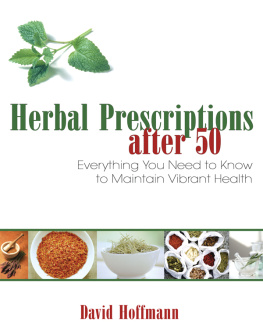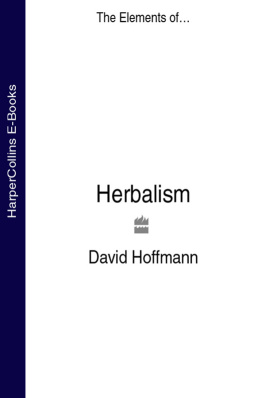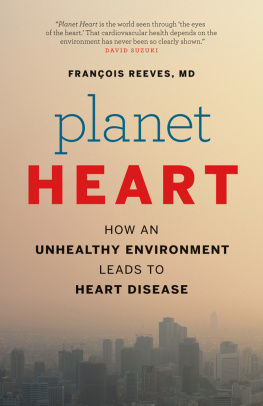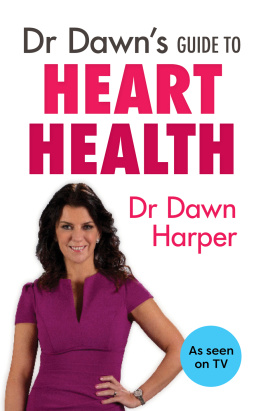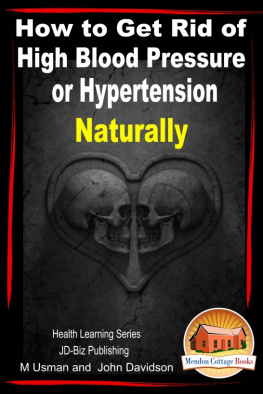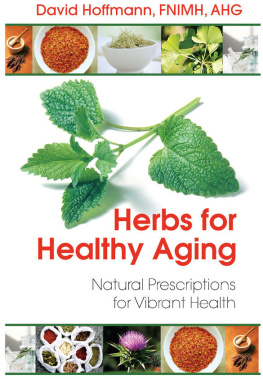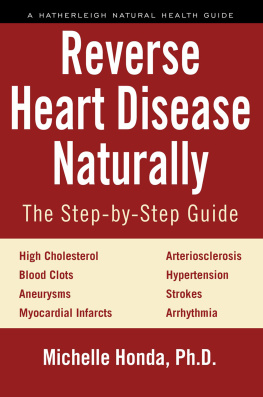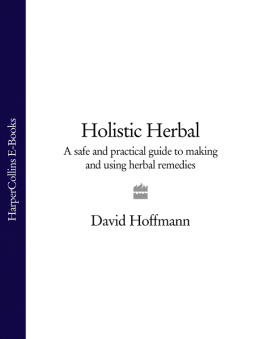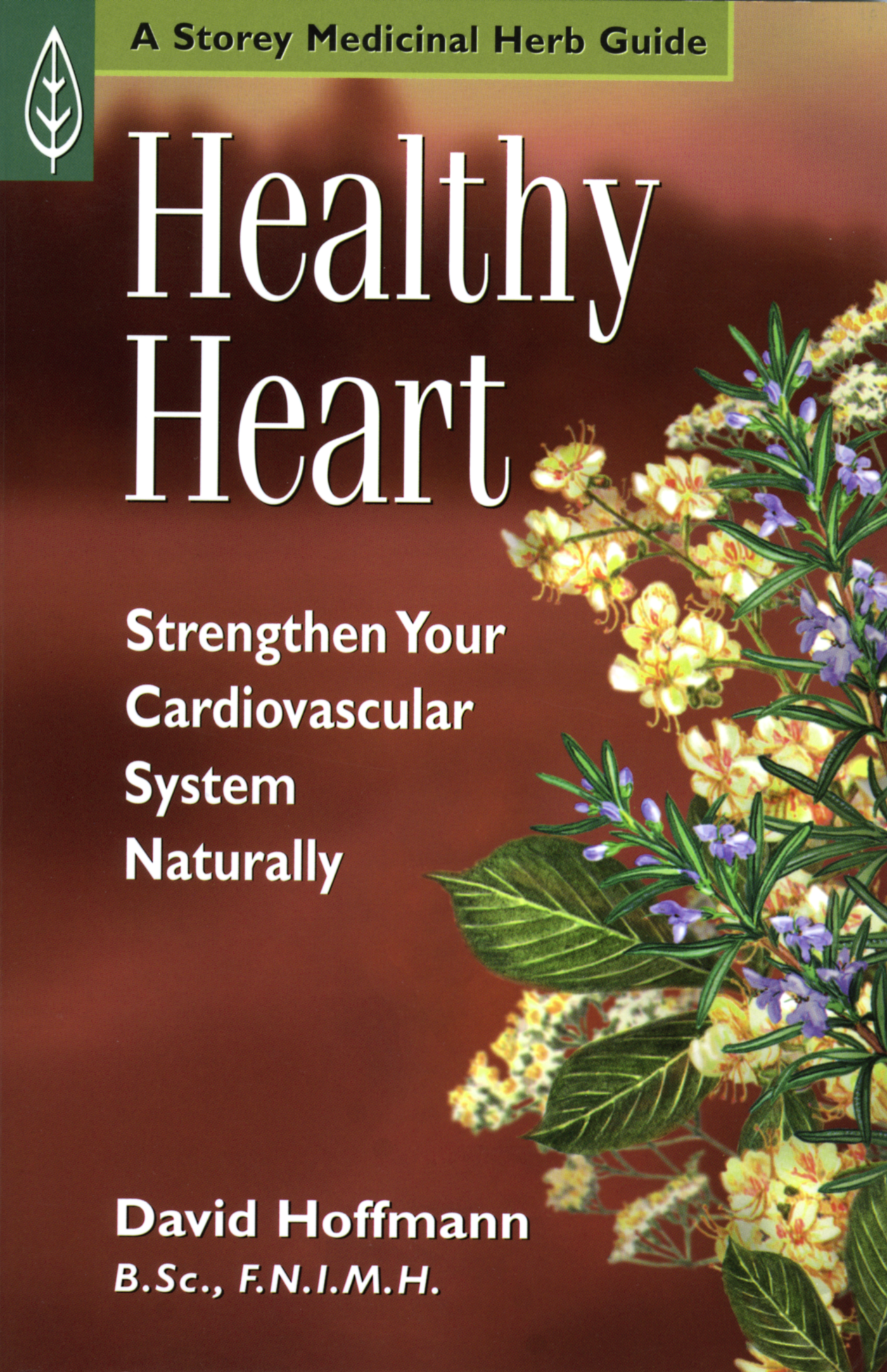Contents
Introduction
Why Use Herbal Remedies for Heart Health?
When touched by the beauty of a spring meadow in bloom or the profound sense of presence felt in a grove of redwood trees, the heart figuratively takes flight and the spirit is healed. But nature brings physical healing as well, offering nourishment and strength for our troubled hearts.
Half of the annual deaths in the United States result from heart and blood vessel diseases. Herbs offer promise in preventing and easing the symptoms of these diseases. While modern cardiology seems to perform miracles when it comes to treating acute emergencies, such as heart attacks, maintaining good health and preventing the development of disease are critically important. Can we do more for ourselves than simply exercise and minimize risk factors? The answer is an emphatic yes! This is where herbal medicine comes in.
How Herbs Support the Heart
Herbs have actually held a central position in orthodox medicine for treating various heart problems. Plant constituents called cardiac glycosides, which are found in plants such as foxglove and lily of the valley, are used throughout the world for the treatment of heart failure and some arrhythmias. These herbs address these conditions by helping to increase the strength of the heart beat and normalize the rate of the beat. Their real value lies in the increased efficiency they bring to the heart muscle without requiring an increase in the oxygen supply. (In heart problems there is often a deficiency in blood supply and thus in oxygen supply because of blockage in the coronary arteries.) Foxglove has this valuable action, although it is also potentially quite toxic. Lily of the valley shares foxgloves therapeutic value but has fewer side effects and lower toxicity. However, there are other herbal remedies that nurture the heart in deeper and more subtle ways. Consider the cordial, a warming drink and a word for heart-felt friendliness. The original cordial was a medieval drink made from borage that warmed the heart and gave a person heart.
There are profound concerns about toxicity from the long-term use of prescription medications. Although it is resplendent in wonder drugs, the modern pharmacopoeia sorely lacks preventive medicines. Tonics are not mentioned in pharmacology texts since the concept of a preventive medicine is illusory. The practice of discarding gentle toning therapies in favor of intensely active ones can be seen as one of the core problems of orthodox health care. This is where herbal medicine can complement and support the orthodox approach by offering gentle toning therapies. There is a place for this approach alongside the often dramatically successful techniques of cardiology.
Beneficial Actions
A broad range of herbs can be used for the cardiovascular system. As a group, these herbs are known as cardiac remedies. Some of these herbs, such as foxglove, are powerful cardioactive agents. Others, such as hawthorn and linden flowers, are gentler and safer cardiotonics.
Cardioactive agents owe their effects to active substances, such as cardiac glycosides. Cardiotonics have a beneficial action on the heart and blood vessels but do not contain cardiac glycosides. The cardiotonics do not have the dramatic, rapid, and often life-saving effects of many cardioactive drugs, but they have an advantage when used to treat or prevent chronic degenerative conditions. Tonics can be used for the blood vessels as well as the heart. These tonics are often rich in constituents called flavones, and they include hawthorn, garlic, linden, and ginkgo.
Limitations of Herbal Therapy
Of course, there are some limitations to the use of herbs in treating the heart. The most crucial one today is not an herbal limitation but a human one. The problem, to put it simply, is self-diagnosis: Its a practice thats very hazardous to your health. In the hands of a competent clinical herbalist, medicinal plants offer a great deal for the treatment of cardiovascular conditions. But for the nonprofessional, self-selection of herbs or self-diagnosis can never replace competent diagnosis. Nor can it be a substitute for prescription medicines.
There is a need for safe, effective, readily available and affordable herbs that also have a pleasant taste or aroma or, as the medieval herbalist Gerald would say, are toothsome. Traditional herbalism offers a cornucopia of remedies that fit the bill (although, unfortunately, they are not all toothsome!). Such tonic herbs should be part of a holistic program designed to meet the unique needs and circumstances of each individual.
Hawthorn: A Model Herbal Heart Tonic
Later, Ill discuss the wide variety of herbs used to treat problems of the heart. But its worth taking a moment to look at one of the most useful herbs for heart health in some detail, as a way of illustrating just how powerful herbal medicine can be.
Hawthorn is the most significant tonic for the heart. The berries and flowers of hawthorn have traditionally been used as cardiac tonics for angina, hypertension, arrhythmias, and congestive heart failure. Stronger herbs are available, but none provides the nourishing regeneration of hawthorn. The late nineteenth-century physician Dr. Ellingwood wrote of hawthorn: it is superior to any of the well known and tried remedies at present in use for the treatment of heart disease, because it seems to cure while other remedies are only palliative at best.
Hawthorn strengthens the heart in the face of the struggles and strife of life. It is remarkably free of side effects, effective in its actions, and affordable. After a report issued by the German Federal Ministry of Health, hawthorn gained recognition as a heart remedy in Europe (Ammon and Handel, Planta Medica, 1981; 43:209). Scientists have found that hawthorn increases the strength of contractions of the heart muscle, normalizes irregular heartbeat, and increases coronary circulation by dilating the coronary arteries. Most significant, no side effects were noted in the studies.
Active Constituents
The primary cardioprotective activity of hawthorn is generally attributed to its flavonoid and oligomeric proanthocyanidin (OPC) content. Although numerous flavonoid molecules have been found to have positive effects on the cardiovascular system, the combination of flavonoid-based constituents in hawthorn seems to provide the beneficial cardiovascular activity.
Many herbal medicines, including ginkgo, bilberry, and milk thistle, owe their physiologic activity to their flavonoid content. Flavonoids have been shown to increase collagen cross-linking in the tissue of vascular walls, strengthen blood vessels, and exert potent antioxidant activity. Recent epidemiologic studies have found an association between dietary flavonoid intake and reduced risk for heart disease, heart attack, and stroke. Flavonoids from hawthorn have been shown to increase coronary blood flow, decrease oxygen consumption by the heart muscle, and reduce coronary spasm. Hawthorn also increases the pumping action of the heart and reduces heart rate.
How Hawthorn Works
How do the berries of this hedgerow bush achieve such results? By dilating the coronary arteries and improving coronary circulation, hawthorn reduces the likelihood of angina attacks and relieves symptoms. It also aids in the availability and utilization of biochemical energy by heart tissue. The result is a gentle but sustained positive effect on degenerative age-related changes. Hawthorn does not produce rapid results, but the results are persistent once theyre achieved. To put it simply, hawthorn will help keep the heart healthy by preventing the development of coronary disease. It may be safely used as part of treatment protocols for conditions such as heart failure, angina, and hypertension.



